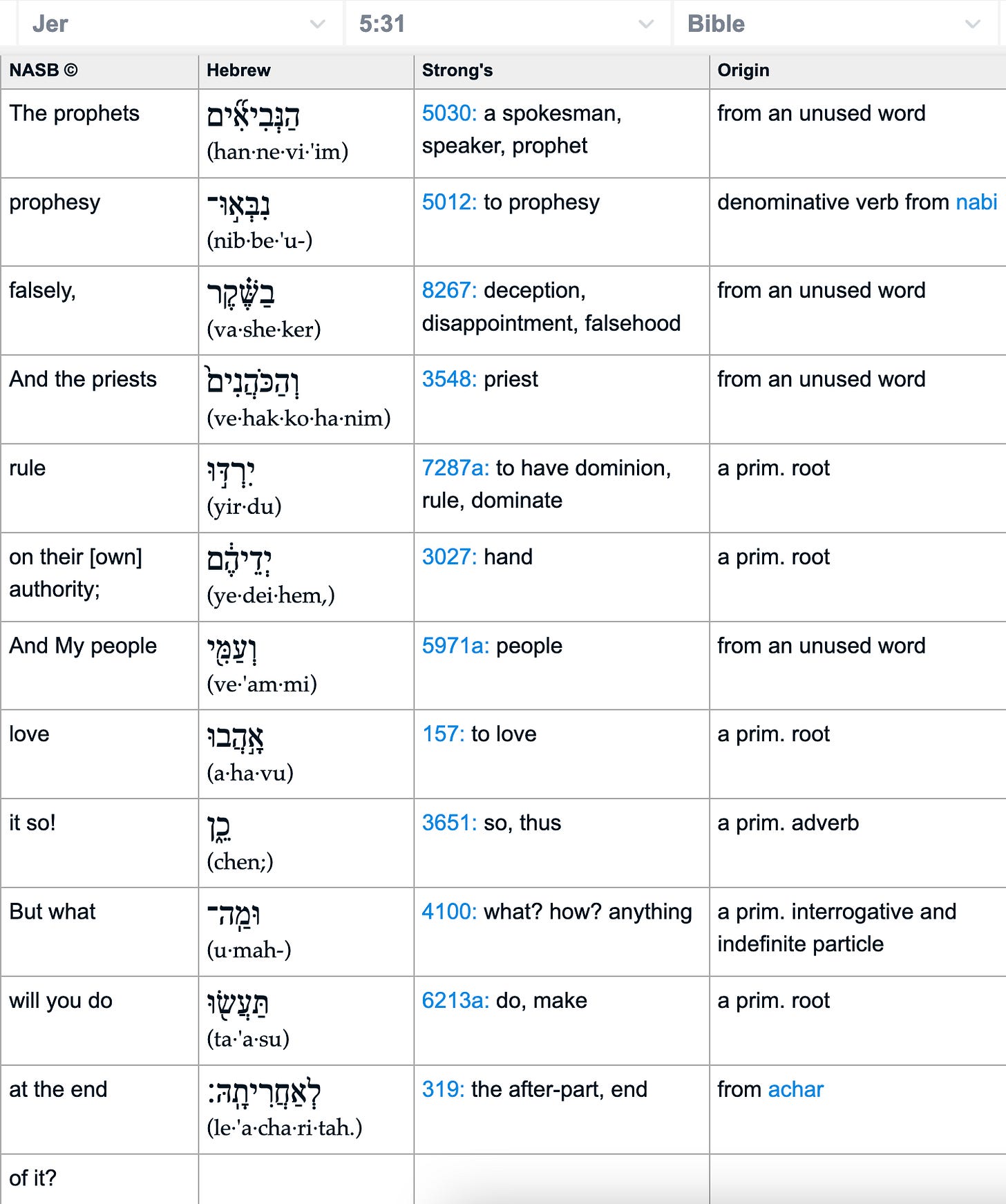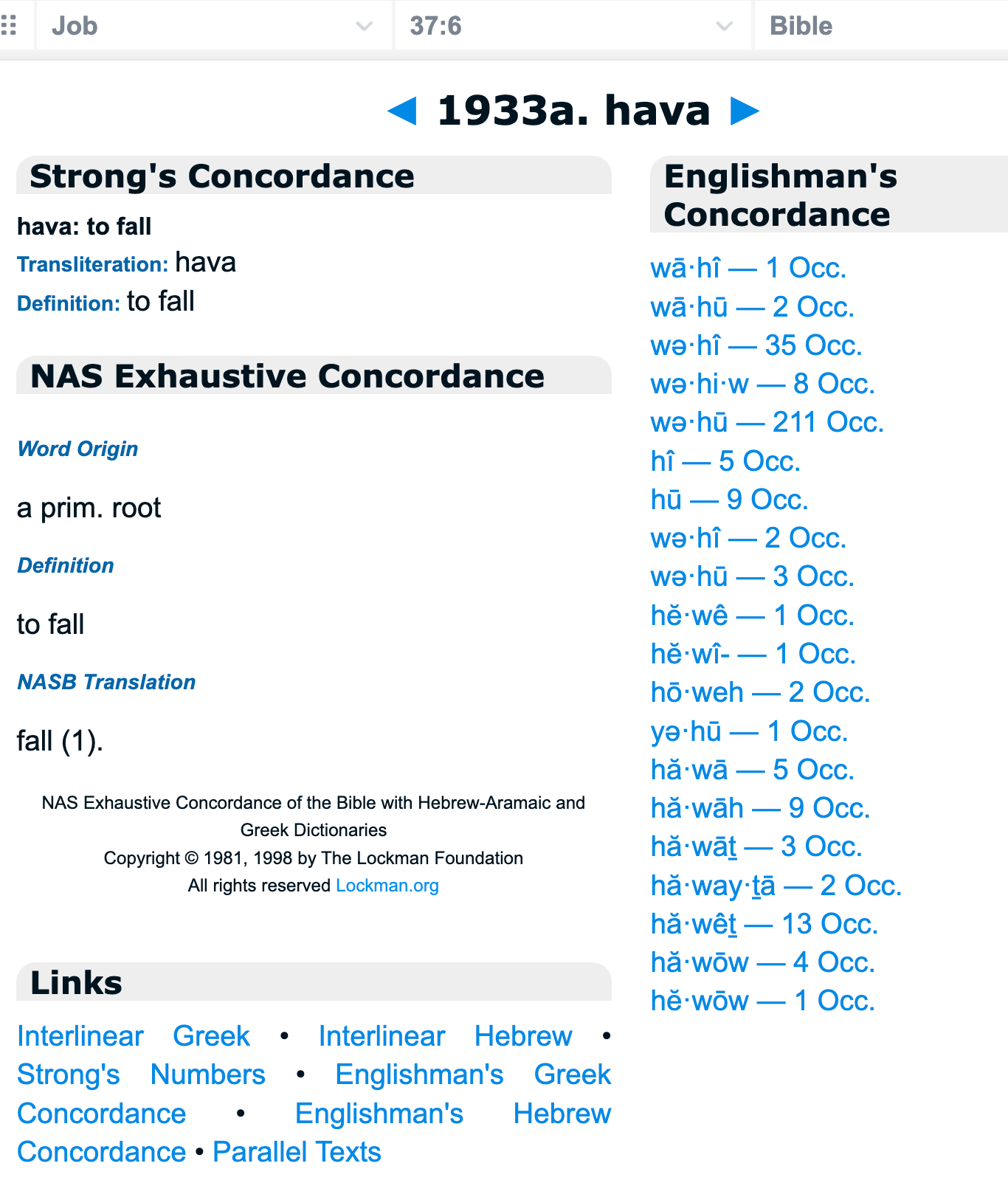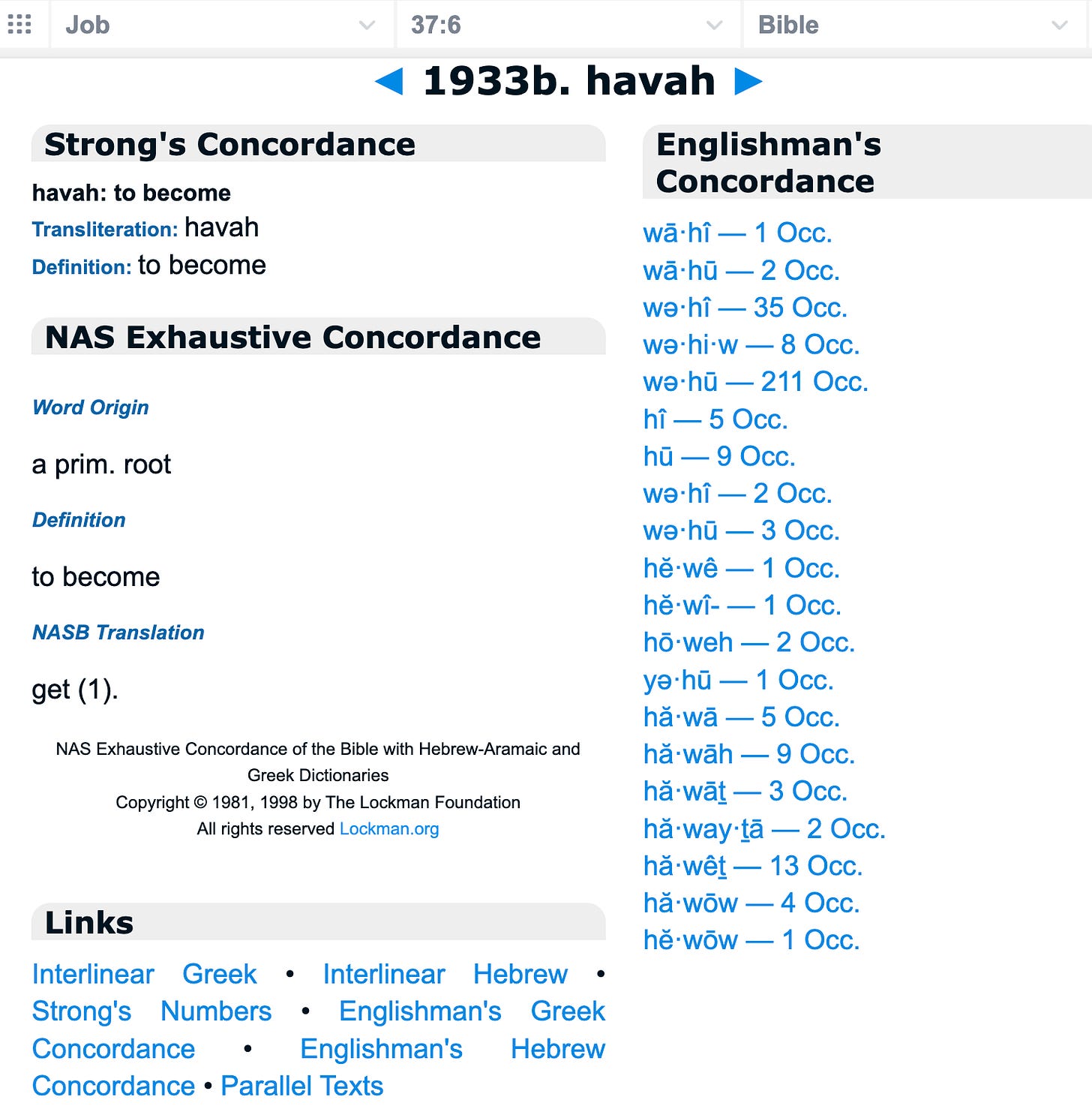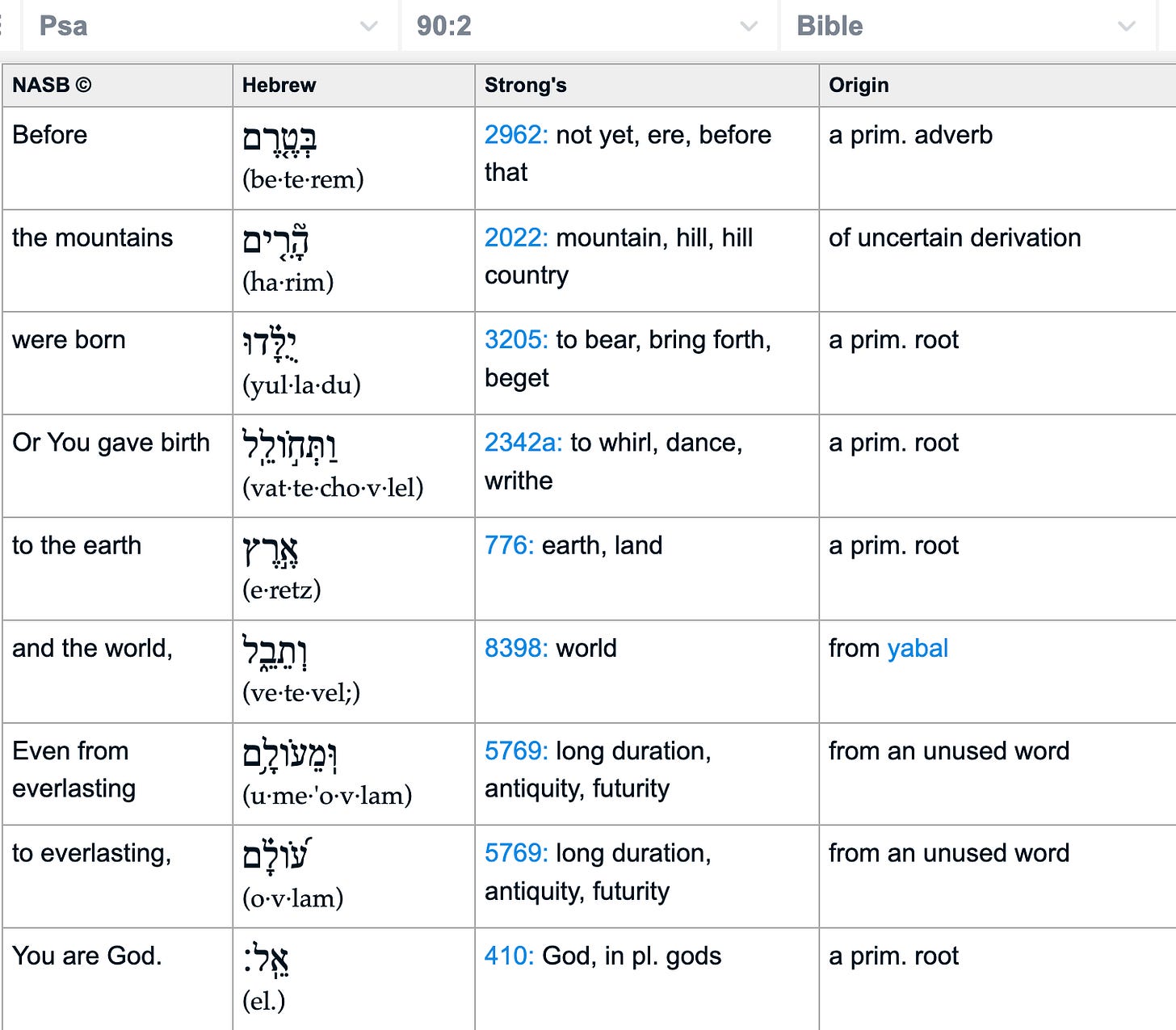“An appalling and horrible thing befell earth: the prophets prophesy falsely, and the priests rule by their own hand, and my people love it so! But what will you do at the end of it?” —Jeremiah 5:30-31
In other words, nothing has changed since the alleged time which this sentiment occurred, or, this sentiment is a modern one from the Middle Ages being passed off as an ancient sentiment. Why would God, the Creator of this world, who can destroy and remake it, worry about priests and false prophets? Does this book of Jeremiah read like the word of God, or a concerned noble of a nation who is losing his power to the priesthoods conquering it by preaching false prophecies to the gullible subjects?
The context of this passage is that these were the words of the Lord (Jove, יהוה), which Reverend Taylor warned about (Astr. Theo. Lect. p. 317.), “We must be heedful, never to confound the Lord with God. There is no necessary connection between them. They are NOT synonymous nor convertible terms,—so that the one might be used indifferently for the other. But far from it, very far. The one is particular, the other general; as we say with propriety, THE Lord, meaning particularly the figment with whom I am now to bring you acquainted,—but could hardly say the God. So that the compound epithet, the Lord-God, is a syncopation, or abbreviated phrase, of which the filling up is ‘The Lord, who is a God.’ For while all nations had their Gods, individual nations, sects, and clans, have ever had their particular conceits to which they adhered, subordinate to the general notion. So that it seemed but a fair bargain which Japtha proposed to the King of the children of Ammon: ‘Wilt not thou possess that which Chemosh thy God giveth thee to possess? So whomsoever the Lord our God shall drive out from before us, them will we possess.’ (Judges, xi. 24.)
As you can see, it is admitted that יהוה (Ieue, Ieve, Jove) is not pronounced Jehovah, but Ho-vuh (by Latins; Jove), or Yo-vuh (by Israelis) and it is derived from hava, meaning to fall, and havah, to become.
Both words appear the same as Eve, or הוה, which means life. They are all of them the same, separated only by context, which is why I’m taking so much time to hearken back to context regarding translations.
Taylor continued (Ib. pp. 317-20.), “Here we see, that Chemosh—that is, the literal Hebrew for the Sun, is synonymus with Ammon, as each nation called themselves the children of the Planet under whose protection they placed themselves: but God was the general term.
“Indeed, the bargain was not infrequently propounded to the particular conceit or tutelary genius, under whose patronage they put themselves, that he should grant them success in war, and comply with their request, as the condition of his being their God, and under penalty of being turned away. So Jacob made his covenant and agreement upon the specific terms, ‘If thou wilt keep me in this way that I go, and wilt give me bread to eat, and raiment to put on, so that I come again to my father’s house in peace, then shall the Lord be my God, and of all that thou shalt give me, I will surely give the tenth to thee.’ (Genesis 28:20-21.) And there the chapter ends, leaving it to our own imaginations to fill up the evidently implied alternative of the covenant, ‘But if I get any bad bread, or have any sort of ill-luck under your divine providence, look ye, my Lord God, never trust me if I don’t send your Godship packing, and try if I cannot strike a better bargain with the other gentleman.’
“Notwithstanding this ridiculous grossness of familiarity with their notion of the Lord, which appears in every page of the sacred text, our modern Jews, who claim a peculiar property in the Old Testament (to which they have no right or title at all), would cheat the world into a notion that it is only from excess of reverence, and from an overwhelming awe and veneration to be sure of the divine name, that they substitute the word, Adon gnaw-ye, their utterance of the word Adonis, the name of the Pagan God, the Son of Venus. The name Adon, or Adoneus, being the same as Baal, Balsemen, or Bel, and literally signifying the Lord, with its pronoun suffix Adonai literally our Lord, the name common to Jupiter, Bacchus, Pluto, Apollo, Æsculapius, Hercules, Osiris, and all the grand personifications of the Sun. Yet the name of Adonis, is found in the sacred writings, as distinctly different from that, which our translators have rendered the Lord: as in that most marked and memorable passage, the first of the 110th Psalm:. ‘The Lord said unto my Lord, sit thou on my right hand, until I make thine enemies thy footstool.’
“And the mystical tetragrammaton, or name of four letters, or two syllables, Yahouh, which we absurdly pronounce Jehovah, is found in the 68th Psalm, written but with two letters, and necessarily requiring to be uttered but as one syllable, Yah Jah, or Jack, where certainly no irreverence is meant by that seemingly strange abbreviation.
‘Sing unto God,—sing praises to his name. Extol him that rideth upon the heavens by his name Jah, and rejoice before him.’ (So the Spaniards dropt the first letter or syllable of the Syriac Adon, and formed their word Don or Lord as a title of nobility; and the English dropt the first of the Chaldee, Adod, and thus formed Dod, which was the old Saxon root of the German Gott, and of our present English God. Note: Taylor doesn’t demonstrate this, and while it could be correct due to the philological change between D and T, and perhaps D and G, its more speculative as it is.)
“The attribute of ‘riding upon the heavens,’ is so peculiar, so distinctly marked, so incapable of being strained from its one and only apparent significancy, that nothing but that obdurate stupidity which shuts out light, and would say to itself, ‘I will not see the Sun,’ could cause any man to mistake as to what that significancy must have been.
“And this abbreviation of the name of Jehovah, into Jah, is peculiarly applied to him ‘who rideth upon the heavens’—that is, the Sun, is precisely the same as the Æolic or Latin abbreviation of the name Solus—that is, the Alone, or the one by himself, into Sol—that is, the Sun, abbreviated for the same reason, expressive of the same significancy, and devised to confine the utterance, as well as the thought, to the same strict notion of unity or oneness.
“Hear, Time (Israel, the Phoenician word for Kronos), Jove is our deity, Jove is One!”—Deuteronomy 6:4
Jupiter is the Hidden One, Jupiter Ammon, or Amun, spelled in Etrusco-Phoenician OMN (𐤏𐤌𐤍), signifying God the First Father, the Sun, is the Alone One who hides at night and during winter.
“Jove, how long will you hide your eternal wrath, which burns like fire?— Psalm 89: 46
Thus Jove is the Eternal Fire, the sun. The fire, transliterated as ESH/ES/AS, is the root of Jesus, which looks like Y-ES, or Ύ-ΗΣ (Hu-Es), Latinized as IHS, or Ι-ΗΣ, the root of Jesus (ΙΗΣ-ΟΥΣ, IHS-OUS), or Ieso-us. The very next psalm calls him Adonis.
“Adonis, you reckoned the boundary (circle) of all houses (circles) [which defines the Zodiac]. You created the cosmos prior to forging the mountains from the earth. From before the beginning till after the end, you are God.”—Psalm 90:1-2
Dur (דור, truncated as דר) signifies circle, similar to gard, which is affixed to names of locations to signify the city within that boundary, hence the association with a dwelling place. Tevel, embedded in two words in Psalm 90:2, is the Hebrew equivalent to the Greek Kosmos and the Latin Mundus. This is an astronomical description based on the words chosen, and the only stretching of the translations to stray from the original meanings is done by the literalists who must not have been away of the astrotheological nature of the scripture they were paid to copy. The circle is a symbol of God because it is a perfect two-dimensional representation, and it is also the way the sun appears.
For those seeking to learn more about this system and the implications it has on the historical record, invest in the Spirit Whirled series and The Real Universal Empire.







Become a member to access the rest of this episode and show notes.
Listen to this episode with a 7-day free trial
Subscribe to Ancient History, Mythology, & Epic Fantasy to listen to this post and get 7 days of free access to the full post archives.






















